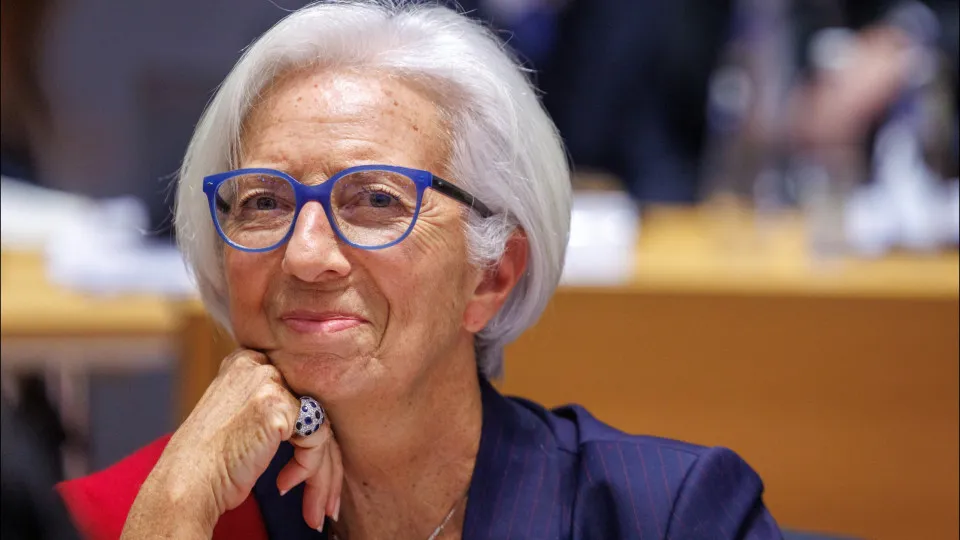
For Christine Lagarde, immediate action is needed to remove the obstacles that could delay the spread of AI and future prosperity for Europeans in the coming decades.
“Europe must harness the power of the single market to ensure interoperability and open systems,” warned the ECB representative at a forum on artificial intelligence and education held today in Bratislava, Slovakia’s capital.
According to ECB data, global investment in AI reached $252 billion (approximately €219 billion) last year, with private AI companies attracting a record $100 billion (€87 billion) from the market.
Five leading American venture capital investors are now primarily focused on AI, whereas a decade ago, none of these firms ranked among the top ten in the sector.
“With the US and China leading, Europe has missed the chance to be a pioneer in AI,” but “it can still emerge as a strong second driving force if it acts decisively,” stated the ECB President.
“By focusing on the rapid adoption and intelligent use of existing AI technologies across various sectors, Europe can turn a late start into a competitive advantage,” she emphasized.
To achieve this goal, “we must remove all obstacles that prevent us from embracing this transformation. Otherwise, we risk missing the AI adoption wave and compromising Europe’s future,” she added.
Lagarde suggested that companies could share operational data and train AI models that none could develop independently, citing examples such as Manufacturing-X and Catena-X in the automotive sector, which support data sharing, or the European Health Data Space, which facilitates interoperability of medical records.
The ECB President also stated that Europe must develop its own computing capacity, based on chip production and data center installations, to avoid reliance on third parties.
Lagarde advocated for reducing energy costs, simplifying EU regulations, and ensuring that capital markets can “integrate and channel large-scale, long-term risk financing.”




